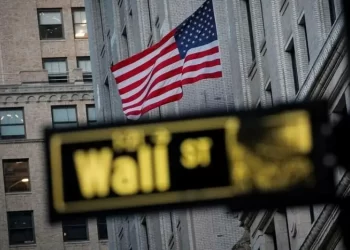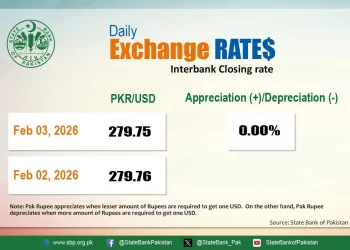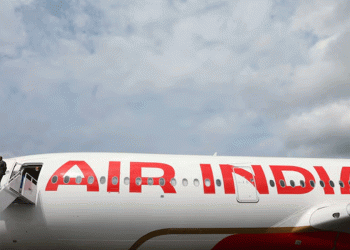Major stock markets in the Gulf were mixed on Thursday amid steady oil prices, while investors awaited commentary from U.S. Federal Reserve officials to firm up bets on interest rate cuts this year.
Oil prices, a catalyst for the Gulf’s financial markets, rose 0.4% on geopolitical developments in the Middle East ahead of U.S. inventory data, with Brent trading at $85.41 a barrel by 1200 GMT.
The Qatari benchmark index was up 0.2%, extending its gains for the thirteenth session, the longest rally in nearly a year.
Maritime and logistics firm Qatar Navigation climbed 5.8%, while petrochemicals and fertilizers conglomerate Industries Qatar advanced 1.4%.
Meanwhile, energy giant QatarEnergy and Exxon Mobil, owners of a $10-billion LNG project that has stalled with the bankruptcy of its main contractor, are asking a court to immediately oust Zachry Industrial from the project.
The Abu Dhabi benchmark index slipped 0.2%, dragged down by a 1.3% drop in conglomerate International Holding Co and a 2.6% fall in Alef Education.
Major Gulf markets gain in quiet trade
First Abu Dhabi Bank, the UAE’s largest lender, and Abu Dhabi Islamic Bank, gained 2.4% and 2.6%, respectively.
Dubai’s benchmark stock index fell marginally after three straight sessions of gains, with business park operator Tecom Group down 3.2% and Dubai Islamic Bank up 2%.
Investors are waiting for comments from U.S. central bank officials to get fresh cues as to when the Fed would start its policy easing cycle. Traders currently see a 66% chance of an interest rate cut by the Fed in September.
Most Gulf currencies are pegged to the dollar and any U.S. monetary policy changes are usually followed by Saudi Arabia, the United Arab Emirates and Qatar.
Markets in Saudi Arabia, Oman and Egypt are closed for a holiday break.








